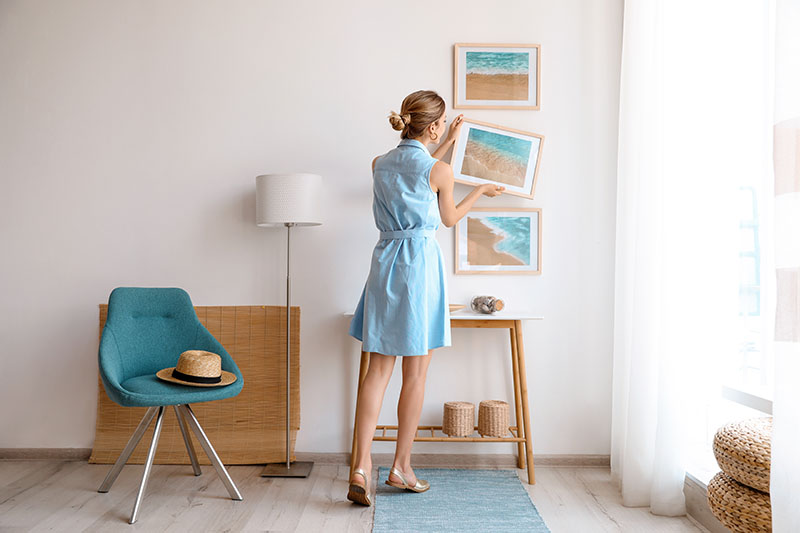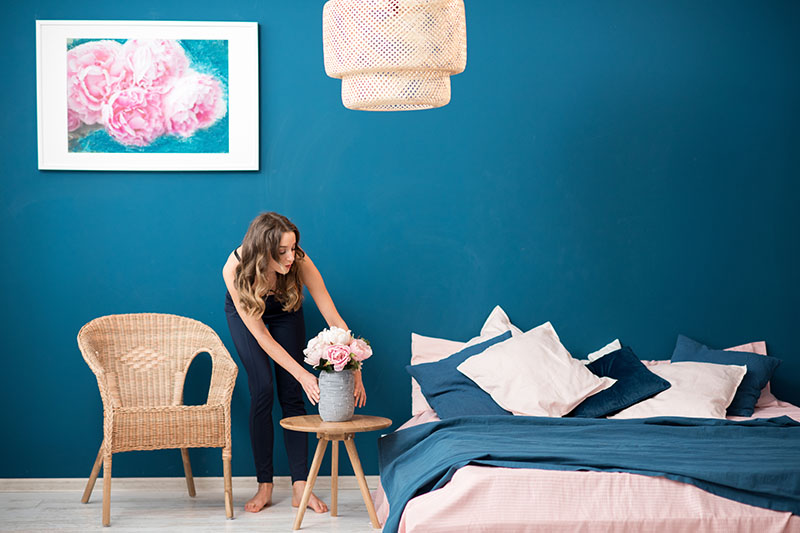Legal complexities of ST rentals you should be aware of
Property rental laws are as old as time. There are many precedents and guidelines established for the protection of both landlords and tenants. Here are some issues for which laws exist to protect the parties involved in property rentals:
- Lease contracts (obligations of each party)
- Property safety standards
- Evictions and other consequences of contract violations
- Property damage
- Legal liability in case of injury
On the other hand, Australia’s laws regarding the short-term holiday rentals have been evolving to catch up to the changing market and that trend is expected to continue. There are risks and challenges (link to internal) unique to short-term rentals such as:
- Subletting restrictions
- Property damage by ST guests
- Legal liability in case of guest injury
- Distinction between guests and tenants
- Impact of guest behaviours on other tenants
ST Rental Laws Per State
Each state and territory government has their own set of regulations regarding short-term rentals.
| State |
Key regulations or guidelines set by the government |
| NSW |
- ST rentals are permitted all year round if the owner-occupier is renting out a spare room, a flat or a studio in their home
- If renting out the entire place in Greater Sydney, it’s legal up to 180 days per year without owner-investor present (no limit for properties in other areas of NSW)
- For units in a strata building, it is up to the discretion of the Owners Corporation whether to allow ST rentals or not beyond 180 days limit
- All ST rental hosts need to register and guests must abide by a code of conduct (i.e. minimal noise, garbage disposal, parking rules, etc.)
|
| VIC |
- Anyone with the rights to lease the apts or homes can host ST stay for rental income as long as doing so doesn’t violate any lease or rental agreements & applicable zoning laws (or you own the property)
- Owner corporations of strata buildings cannot ban individual apt owners from hosting short-term guests but can hold both hosts and guests liable for any damages to common properties or unruly behaviours
- The Victorian Civil and Administrative Tribunal (VCAT) can impose fines of up to $1100 for unruly behaviours, award compensation of up to $2000 to affected residents for loss of amenity and stop apartments rented by unruly parties from being rented out for ST stay for a period of time
|
| QLD |
- Owner corporations and body corporates cannot restrict the use of any properties including hosting ST guests while some councils may require development permits for owners wishing to host ST stays
- The recent first-time decision allowing a body corporate (Fairway Island) to implement a by-law preventing owners from using the properties for short-term rentals
- It is uncertain if the recent decision will have an effect on the wider QLD regulations regarding ST letting
|
| WA |
- All hosts now obtain a licence by meeting the following requirements:
- Apply in writing to the Council
- Submit a floor plan of the accommodation intended for short-term letting including the number and location of sleeping rooms
- Have on-site parking unless planning to only have less than 4 occupants at a time
- Have a dedicated property manager (must provide the name and contact details)
- Pay the prescribed fee ($150 for first-time registration)
|
| TAS |
- All hosts must register with their local council and obtain a permit and booking sites such as Airbnb must collect information from hosts regarding whether they have or need a planning permit
- Certain hosts can be exempt from permits if the property is rented only while they are on vacation or temporarily absent or the visitors are staying in not more than 4 bedrooms while the host is present
- In order to qualify for a permit, a property must:
- Be located w/in an appropriate planning zone
- Not located in the Battery Point Heritage Precinct
- Have guests within existing habitable buildings
- Not be part of a strata building
|
| SA |
-
- SA is one of the most relaxed jurisdictions for share accommodations
- All owners are allowed to rent out properties for ST stays without any development approval or permits/licences
- Some are calling for ST rental properties to be better regulated like hotels
|









